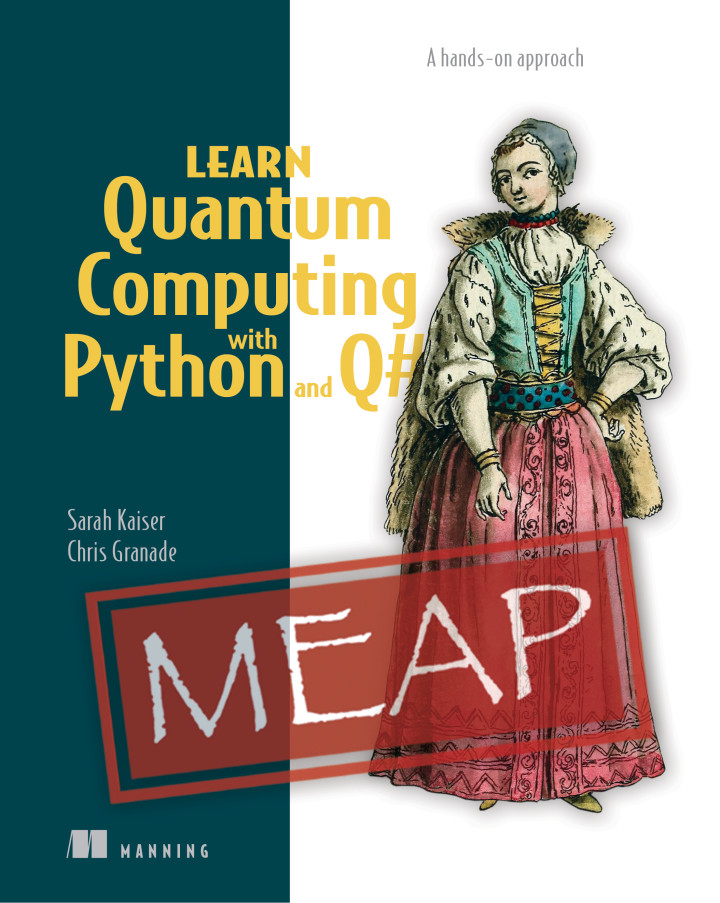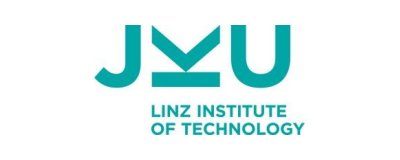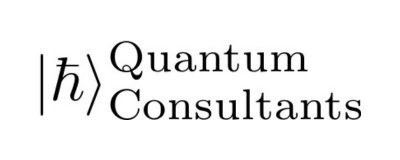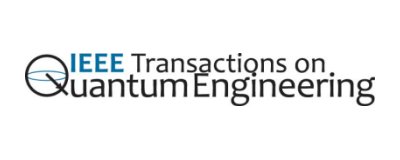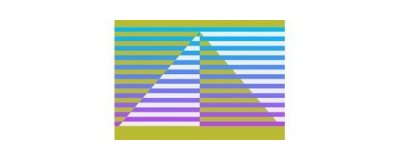About QRE
This is the second international workshop on the emerging field of Quantum Resource Estimation (QRE), benchmarking and performance analytics. The previous edition was QRE2019.
We hope to encourage participation from those working in quantum algorithm optimization, error-correction, architecture design, quantum compilation, classical control and resource benchmarking.
The workshop is focused around developing techniques and tools that aid quantum software and algorithm design, informed by the realities of the hardware architectures. QRE shifts the perspective from complexity theoretic arguments to quantitative computer architecture arguments.
The goal is to reduce the physical resource1 costs for interesting quantum algorithms as quickly as possible. Small-scale, cloud-based NISQ machines sparked the interest of exact, realistic and non asymptotic resource estimations. It is still uncertain if any valuable quantum algorithm2 is possible without incorporating costly error-correction protocols that make estimation, benchmarking and optimization far more complex. QRE is the forum to share research on the near term feasibility of interesting2 quantum algorithms.
Organisers
Alexandru Paler, Johannes Kepler University, Linz, Austria
Simon Devitt, University of Technology, Sydney, Australia
Daniel Herr, d-fine, Zurich, Switzerland

Technical Program Committee
Carmen G. Almudever, Delft University of Technology
Olivia Di Matteo, TRIUMF
Vlad Gheorghiu, Institute for Quantum Computing, University of Waterloo, Waterloo
Pranav Gokhale, University of Chicago
Michael Hanks, National Institute of Informatics
Travis Humble, Oak Ridge National Laboratory
Brandon Langenberg, PQSecure Technologies
Lingling Lao, University College London
Megan Lilly, Oak Ridge National Laboratory/University of Tennessee, Knoxville
Kae Nemoto, National Institute of Informatics, Tokyo
Rainer Steinwandt, Florida Atlantic University
1Physical resources for executing a quantum algorithm can vary significantly. Resource costs are influenced by the resultant quantum circuits through their structure and designed precision. Additional overheads are introduced by the physical constraints of the quantum hardware. Quantum error correction is also resource hungry. Even the design and the performance of the classical control software that compiles algorithms and controls the quantum computer has a non-negligible impact on resources.
2Algorithm that outperforms classical supercomputers either in a theoretical or monetary sense.
Quantum computation has a growing number of promising application areas such as quantum chemistry, quantum optimisation and finance. However, the first industrially relevant and scalable quantum computer seems to be at least a decade away. Therefore, one of the most pressing questions is "How many physical qubits and how much time is necessary to execute a quantum algorithm on a selected hardware platform where the algorithmic output is more important than the fact a quantum computer was used to calculate it?"
By examining this question in depth we can motivate continued investment for quantum computing, further enable resource friendly quantum algorithm development and continue to push technological advances that will lead to a scalable quantum computing ecosystem.
The workshop will bring together researchers to discuss new methods and directions needed to develop, as soon as possible, the tools to:
- accurately analyze and benchmark complex quantum algorithms
- adapt error-correction techniques
- refine classical control and hardware microarchitectures
- enable scientifically and commercially relavant quantum applications
Research papers, tutorials, software and other demonstrations, and work-in-progress reports are within the scope of the workshop. Invited talks by leading international experts will complete the program. Contributions on all areas of quantum performance analytics are welcome:
- High level quantum circuit analytics.
- Fault-tolerant quantum circuit analytics.
- Clifford+T optimisation strategies.
- Resource efficient surface code implementations.
- Surface code decoders.
- Practical quantitative analysis of surface code alternatives.
- Noisy Intermediate Scale Quantum (NISQ) evaluation.
Initial submission for QRE2020 will consist of an extended abstract, limited to 2+epsilon-pages (including figures and references, please don't go nuts with the epsilon!). Contributions must be written in English and report on original, unpublished work, not submitted for publication elsewhere.
Upon acceptance, researchers are invited to submit full research papers (maximum 12 pages), as well as work-in-progress or tool demonstration papers (maximum 6 pages). Upon acceptance, researchers are invited to submit full research papers (maximum 12 pages), as well as work-in-progress or tool demonstration papers (maximum 6 pages).
The best papers will be recommended to a second review round for IEEE Transactions on Quantum Engineering.
Important Dates
Invited Speakers
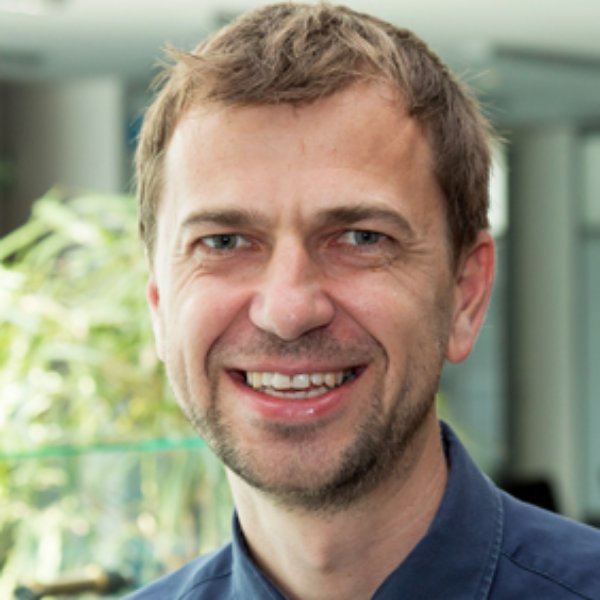
Wolfgang Lechner
ParityQC / University of Innsbruck
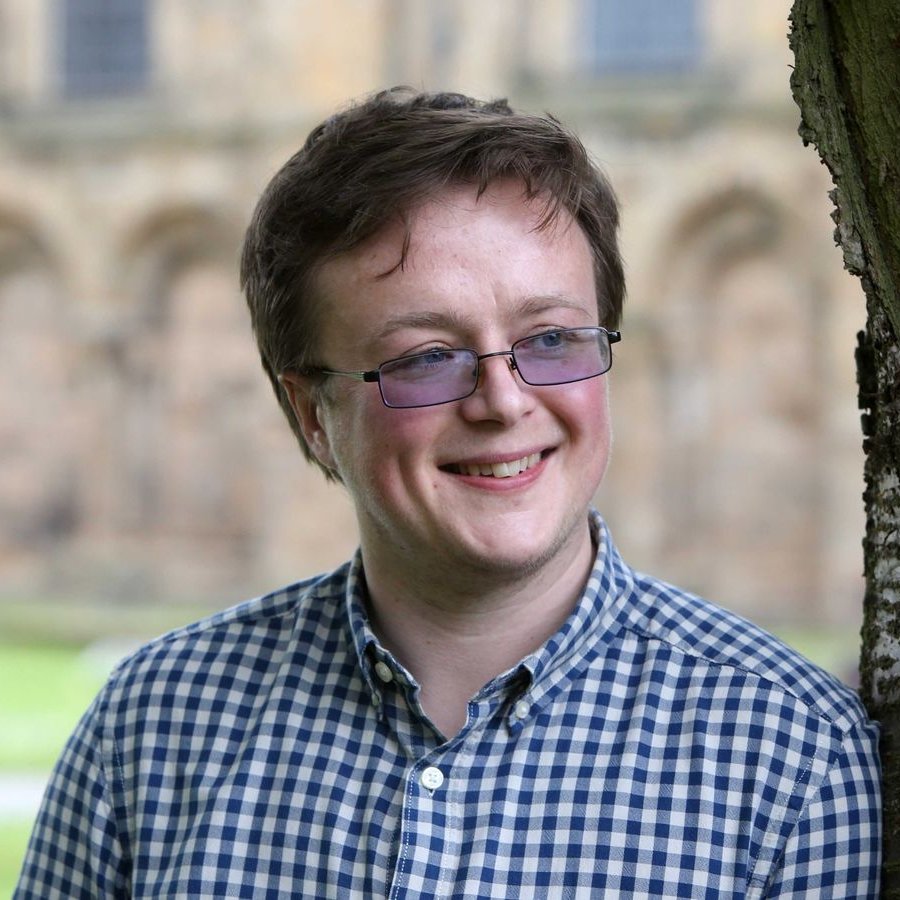
Dominic Horsman
Université Grenoble Alpes
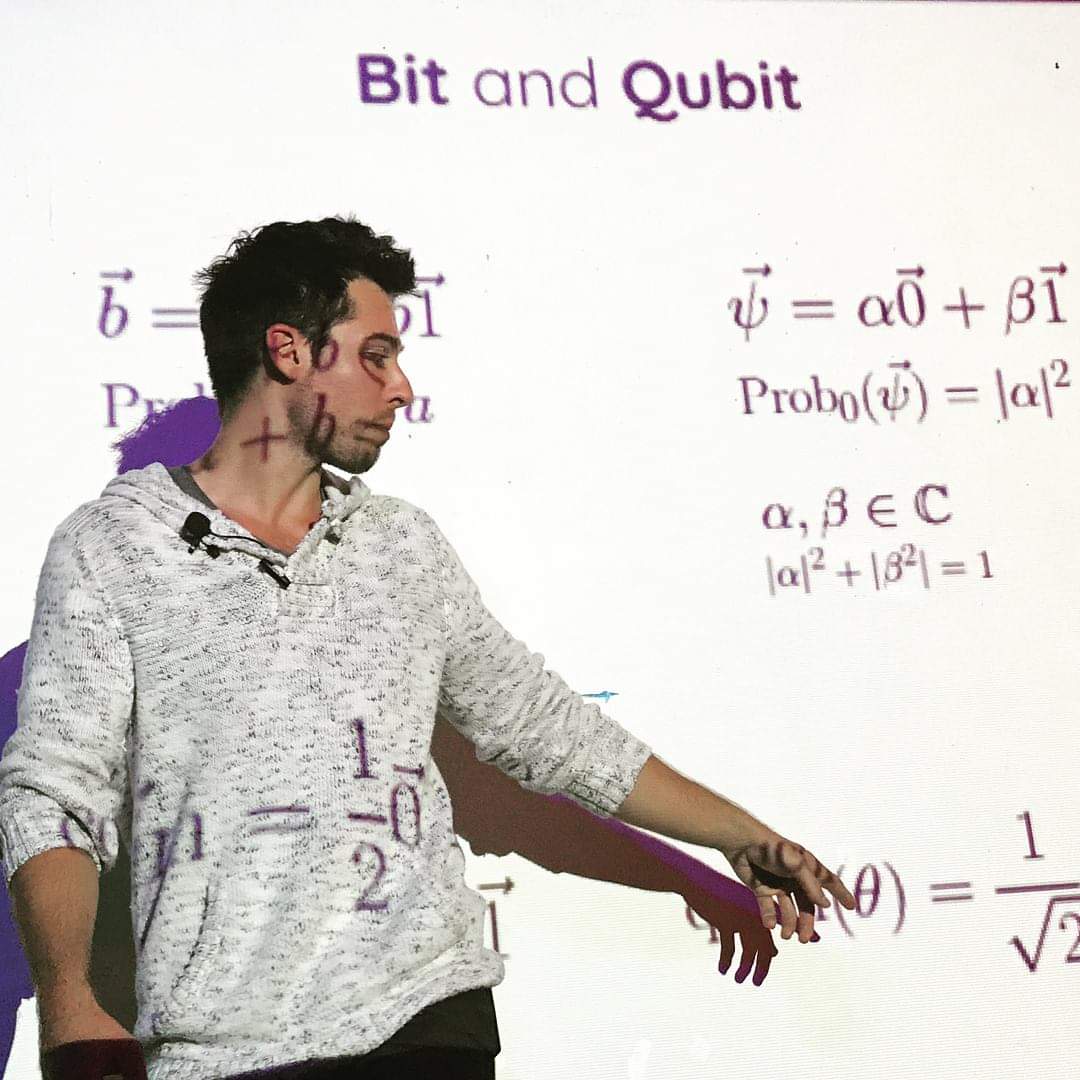
Will Zeng
Goldman Sachs / Unitary Fund
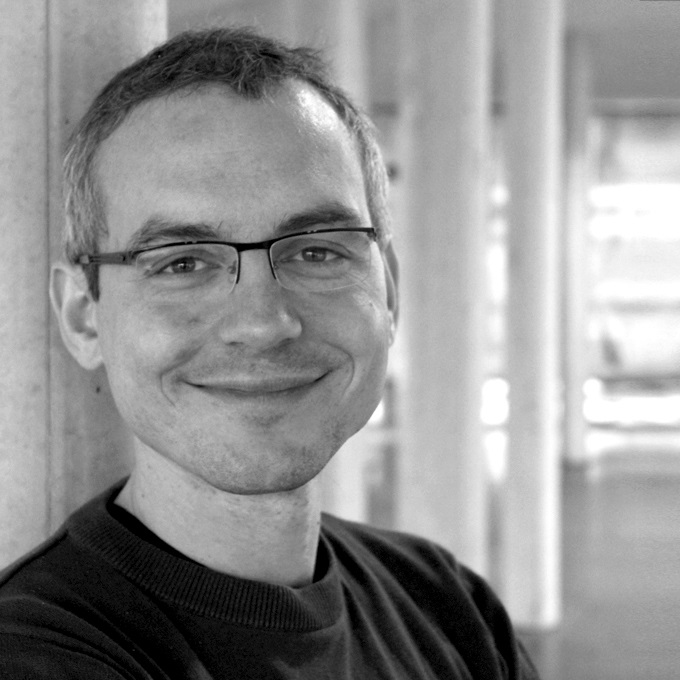
Michael Marthaler
HQS Quantum Simulations

Nicolas Delfosse
Microsoft Quantum
Event Schedule - all times are PST
To attend and watch the talks, please Register
Quantum Arithmetic
To attend and watch the talks, please Register
TBA
Dominic Horsman
Quantum Carry Lookahead Adders for NISQ Machines
Edgard Munoz-Coreas and Himanshu Thapliyal
Resource counts for quantum floating-point multiplication and division
Shaun Miller talk
Tensor Network Rewriting Strategies for Satisfiability and Counting
Konstantinos Meichanetzidis, Niel de Beaudrap and Aleks Kissinger talk
Near-Term Applications
To attend and watch the talks, please Register
TBA
Wolfgang Lechner
Can we find applications for quantum computers without quantum error correction?
Michael Marthaler talk
Towards Quantum Gate-Model Heuristics for Real-World Planning Problems
Tobias Stollenwerk, Stuart Hadfield and Zhihui Wang
Non-asymptotic resource estimate for calculating radar cross sections on a quantum computer
Christopher Zachow, Tobias Stollenwerk and David Gross talk
Comparing Constrained and Unconstrained Quantum Approximate Optimization Algorithms
Zain Saleem, Kaiwen Gui, Ruslan Shaydulin and Martin Suchara
Quantum Software
To attend and watch the talks, please Register
Digital Zero-noise Extrapolation for quantum error mitigation
Will Zeng talk
Decoding Hardware Requirements for Fault-Tolerant Quantum Computation
Nicolas Delfosse talk
Quasilinear Time Decoding Algorithm for Topological Codes with High Error Threshold
Mark Shui Hu and David Elkouss talk
Reducing resources for practical fault-tolerant distributed quantum computation
Sebastian de Bone, Runsheng Ouyang, Kenneth Goodenough and David Elkouss
